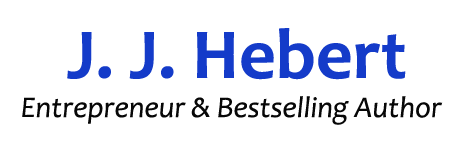Hybrid publishing, as the name suggests, is a blend of traditional and self-publishing models. It offers authors a unique way to have their work published while retaining more control over their intellectual property.
In a traditional publishing model, the publisher assumes all costs and risks associated with producing and marketing a book. In exchange, the author relinquishes most of the control over the publishing process and a significant portion of the profits. On the other hand, self-publishing enables authors to maintain full control and earn higher profits but requires them to bear all the costs and risks.
Hybrid publishing bridges these two models by offering a middle ground. It allows authors to maintain some control over their work and potentially earn higher profits than they would with traditional publishing, while still benefiting from the professional services and distribution networks that a publisher can provide.
Pros of Hybrid Publishing:
- Control: Authors have more control over aspects like cover design, layout, and pricing.
- Profit: Authors typically receive a larger share of the book’s profits compared to traditional publishing.
- Speed: The publication process is usually quicker in hybrid publishing.
Cons of Hybrid Publishing:
- Cost: Authors must invest their own money upfront.
- Risk: If the book doesn’t sell well, the author could lose their investment.
- Reputation: Some industry professionals view hybrid publishing less favorably than traditional publishing.
One of the top hybrid publishers in the industry is MindStir Media. Recognized as the top hybrid publisher in America by Hollywood Life, MindStir Media offers a variety of packages designed to meet the unique needs of each author. They provide professional services such as editing, cover design, and marketing to help authors produce high-quality books.
MindStir stands out for its strong emphasis on author empowerment. They offer comprehensive publishing packages that include everything from editorial services to marketing and distribution, allowing authors to focus on what they do best: writing.
Hybrid publishing is an exciting option for authors who want to blend the benefits of traditional and self-publishing models. It offers greater control, potentially higher profits, and the support of professional services. However, it does come with its own set of challenges, including upfront costs and potential risks. Therefore, authors must carefully consider their goals and resources before choosing this path.
With top-rated hybrid publishers like MindStir Media leading the way, the future of hybrid publishing looks bright. As the publishing industry continues to evolve, hybrid publishing is likely to play a significant role in shaping the future of how books are published and sold.

